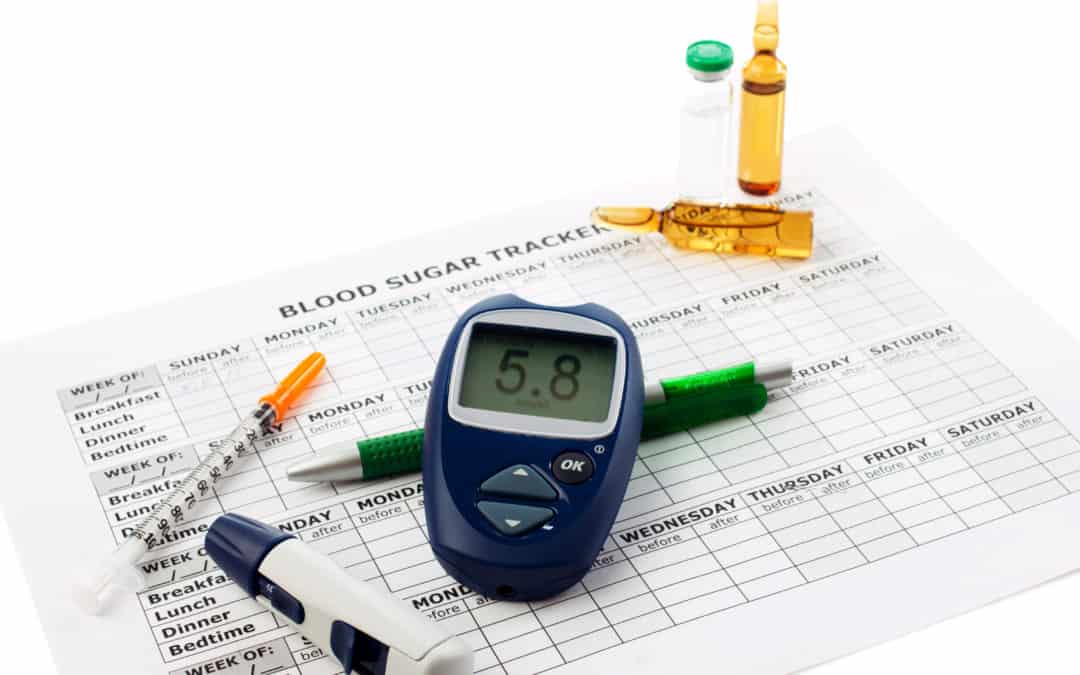Diabetes is one of the diagnoses that will change quite a few things in your life. From the amount of exercise that you should be doing, food you’re eating and medicine you’re taking, you will be paying much closer attention to different aspects of your life. One of the biggest changes that happens with the diagnosis of diabetes is the distribution of insulin that you will need.
It seems to be widely known that insulin is used to counter the effects of diabetes, but very few people truly know what insulin is, why it is distributed and how it affects our bodies. At the Metabolic Research Institute, we are always working hard on creating treatments and ailments for diagnoses like diabetes and heart disease, so we’ve looked deep into the benefits of insulin and how it affects the body. Here is a brief breakdown of what it is you should know about insulin.
What is insulin?
It’s best to start off with the knowledge that diabetes is a result of too little insulin within a blood stream. Beyond that, insulin is a hormone that is created and produced by the pancreas and then released through the islets of our Langerhans. The Langerhans regulate the amount of glucose in our bloodstream, keeping it right where it needs to be.
What does insulin do to our body?
Insulin helps our body make use of the glucose in our bodies. Our body then uses this stored insulin to feed our muscles, fat, liver and cells with fuel. Long story short, insulin is pretty important when it comes to our bodies functioning.
All in all, the insulin that is administered to diabetes patients is merely a way of providing balance to their bodies. Depending on whether someone is type 1 or type 2, the amount of glucose in the bloodstream will be too low or too high, so the insulin administered is to balance those that have too low.
We are always working towards new ways to improve the lifestyle of diabetes patients. Check back on our blog to see what new information and studies are being released.
